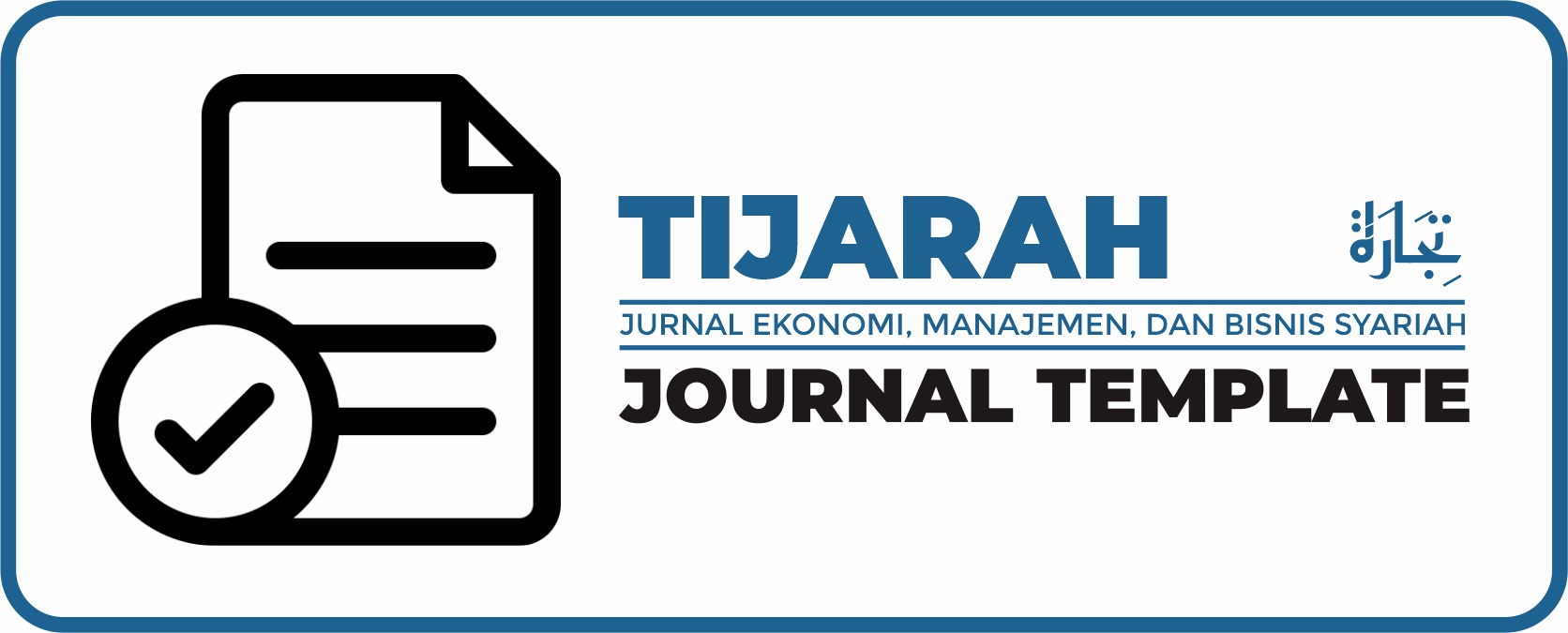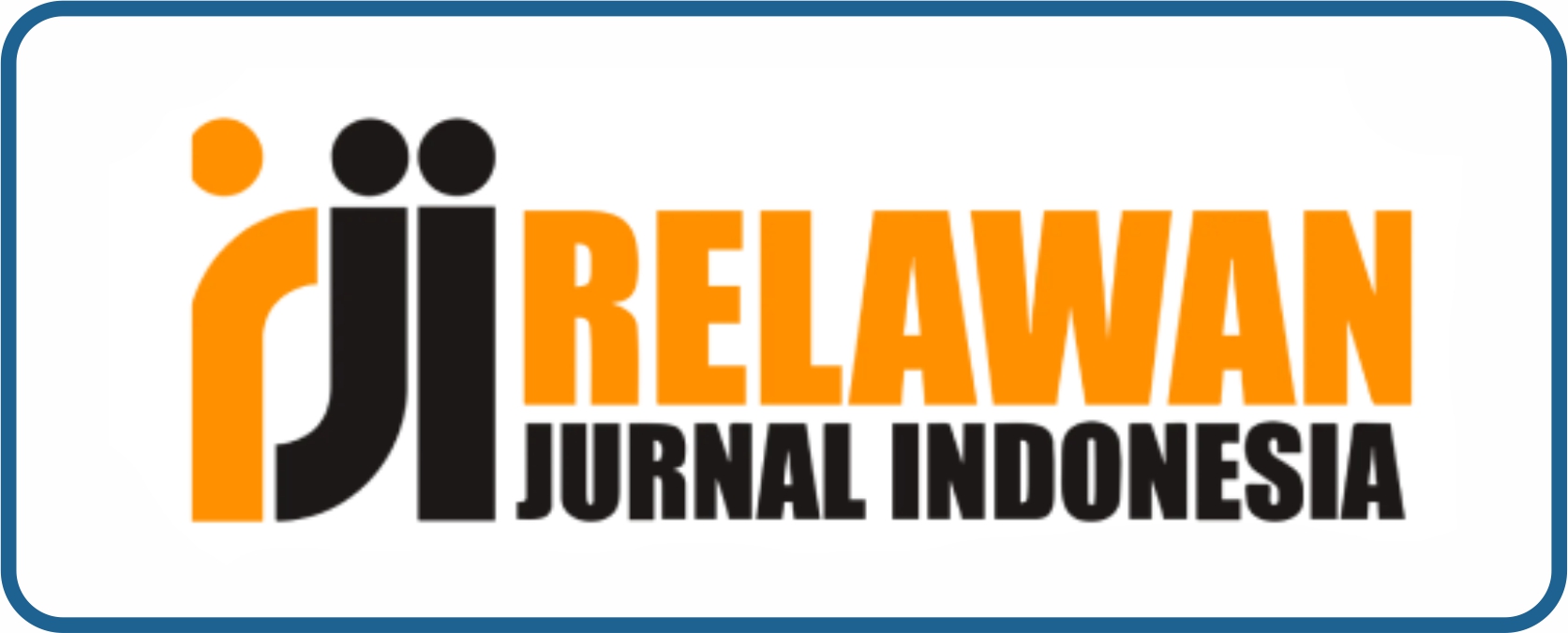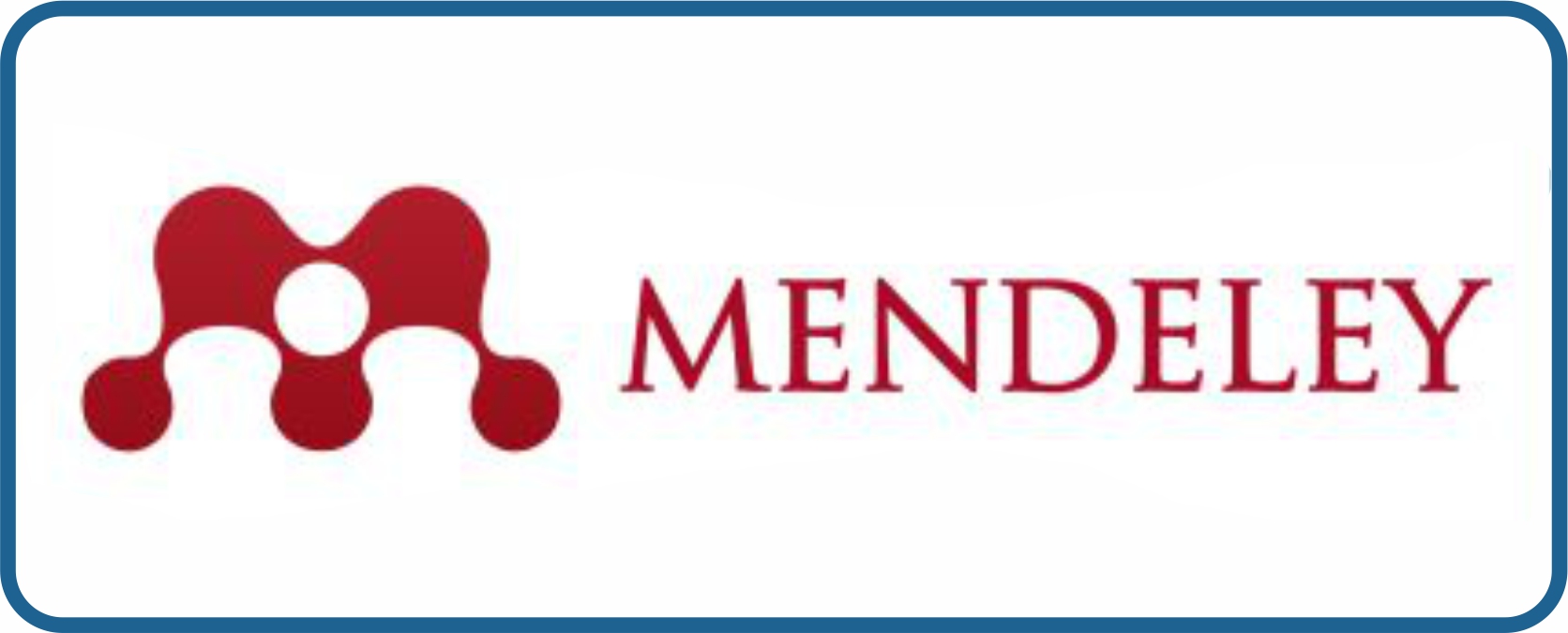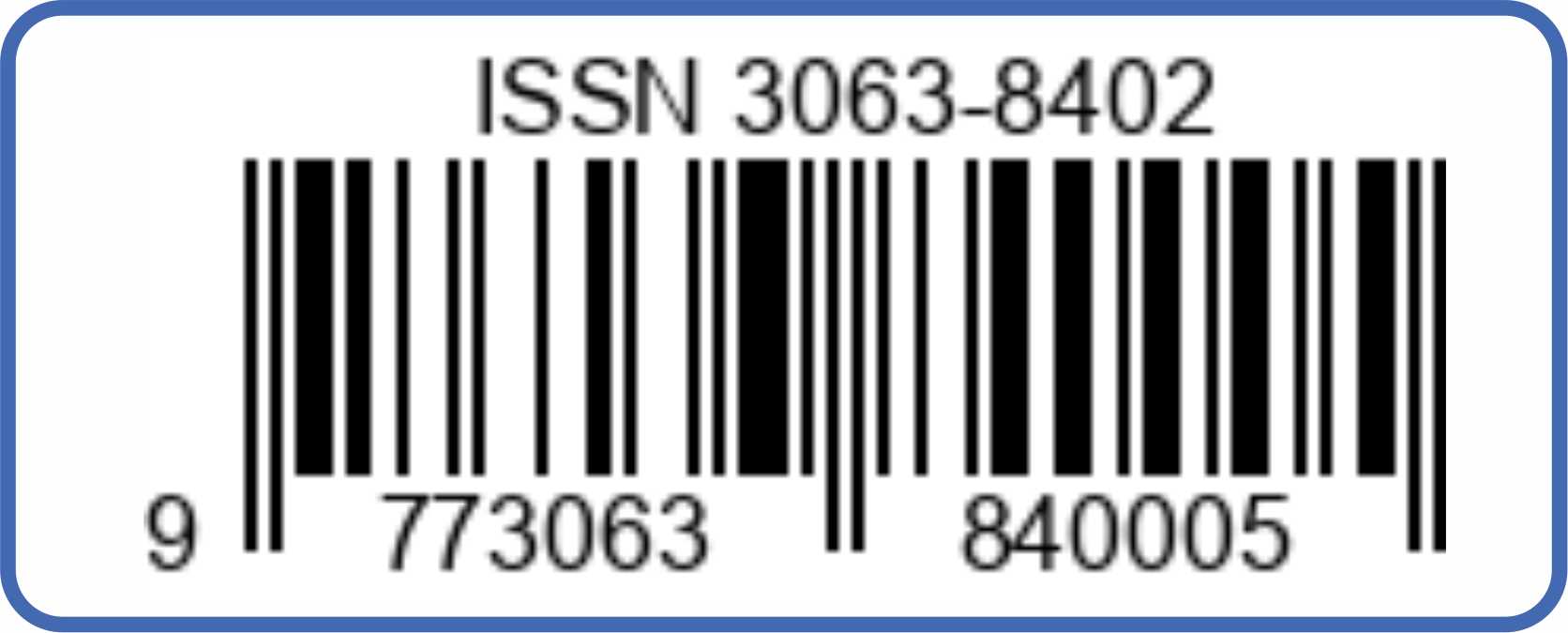Perdagangan Saham di Bursa Efek: Konsep, Mekanisme, dan Perspektif Islam
Stock Trading on the Stock Exchange: Concepts, Mechanisms and Islamic Perspectives
Keywords:
stocks, stock exchange, positive law, Islamic jurisprudence, sharia-compliant stocksAbstract
This study aims to provide a comprehensive understanding of stock trading from conceptual, operational, and normative perspectives based on Indonesian positive law and Islamic jurisprudence (fiqh). The research employs a qualitative-descriptive approach using library research methods by examining legal literature, DSN-MUI fatwas, and scholarly references related to stocks and capital markets. The analysis was conducted through document review and content analysis of applicable regulations and Islamic legal opinions. The findings indicate that, under Indonesian law, stocks are legal instruments protected by legislation and play a vital role in the capital market system. From an Islamic perspective, stock trading is permissible as long as it avoids elements of riba (usury), gharar (uncertainty), and maysir (gambling), and adheres to sharia principles. DSN-MUI fatwas serve as key references in determining the permissibility of sharia-compliant stocks and transaction mechanisms. Thus, stock trading can be conducted lawfully and ethically in accordance with national legal frameworks and Islamic principles.
Downloads
References
Abi, F. P. P. (2016). Semakin dekat dengan pasar modal Indonesia. Deepublish.
Addria Futri, Y., Romadoni, R., Wardhani, Y. M. R., Hidayat, A. R., Baiti, A. N., & Adha, M. G. A. (2025). Analisis Instrumen Pasar Modal Terhadap Pilihan Berinvestasi Masyarakat Generasi Z: Melalui Studi Literatur. Jurnal Ilmiah Manajemen Dan Akuntansi, 2(3), 38–49.
Ahmad Bisri Musthafa. (2022). Etika Bisnis Dalam Islam. IQTISHOD: Jurnal Pemikiran Dan Hukum Ekonomi Syariah, 1(2), 126–133. doi: 10.69768/ji.v1i2.11
AlHadi, A. (2017). Fikih Muamalah Kontemporer. In Depok: Rajawali Pers (Vol. 44). doi: 10.1088/1751-8113/44/8/085201
Anggraeni, A. F., Apriyanto, A., Rustam, A., Purnamaningrum, T. K., & Astaginy, N. (2025). Institusi Keuangan dan Pasar Modal. PT. Sonpedia Publishing Indonesia.
Auliya, N. H., Andriani, H., Fardani, R. A., Ustiawaty, J., Utami, E. F., Sukmana, D. J., & Istiqomah, R. R. (2020). Metode penelitian kualitatif & kuantitatif. Makassar: CV. Pustaka Ilmu.
Azis, M., Mintarti, S., & Nadir, M. (2015). Manajemen investasi fundamental, teknikal, perilaku investor dan return saham. Deepublish.
Ismail, A., Herbenita, H., Desliniati, N., & Andriyati, Y. (2024). Mengenal investasi di pasar modal: Melalui sekolah pasar modal Bursa Efek Indonesia. Asadel Liamsindo Teknologi.
Moleong, L. J. (2021). Metodologi penelitian kualitatif. PT Remaja Rosdakarya.
Purnamasari, S. A. (2025). Mekanisme Perkembangan Pasar Modal Sebagai Salah Satu Produk Investasi di Masyarakat. Jurnal Rumpun Manajemen Dan Ekonomi, 2(3), 499–515.
Riana, D. (2022). Investasi dan pasar modal. Penerbit Nem.
Schreier, M. (2012). Qualitative content analysis in practice. Sage publications.
Downloads
Published
How to Cite
Issue
Section
License
Copyright (c) 2025 Azwar Azwar, Andi Wawan Mulyawan, Hamzah Khaeriyah, Abdi Wijaya

This work is licensed under a Creative Commons Attribution-NonCommercial-ShareAlike 4.0 International License.












